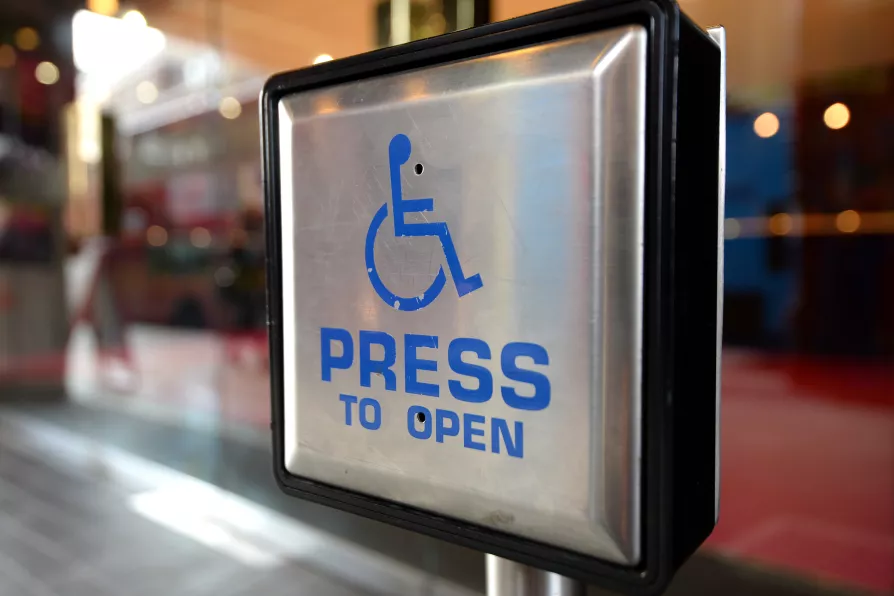The Carpathia isn’t coming to rescue this government still swimming in the mire, writes LINDA PENTZ GUNTER
That group is the disabled, who over the past 10 years have faced the brunt of austerity-related policies.
In this campaign, with political parties trying to outdo each other on the number of trees they will plant and how much money will be spent on the NHS, the country has been informed that austerity is over, yet it seems for the disabled that won’t be the case.


 Latest editorial
Latest editorial












